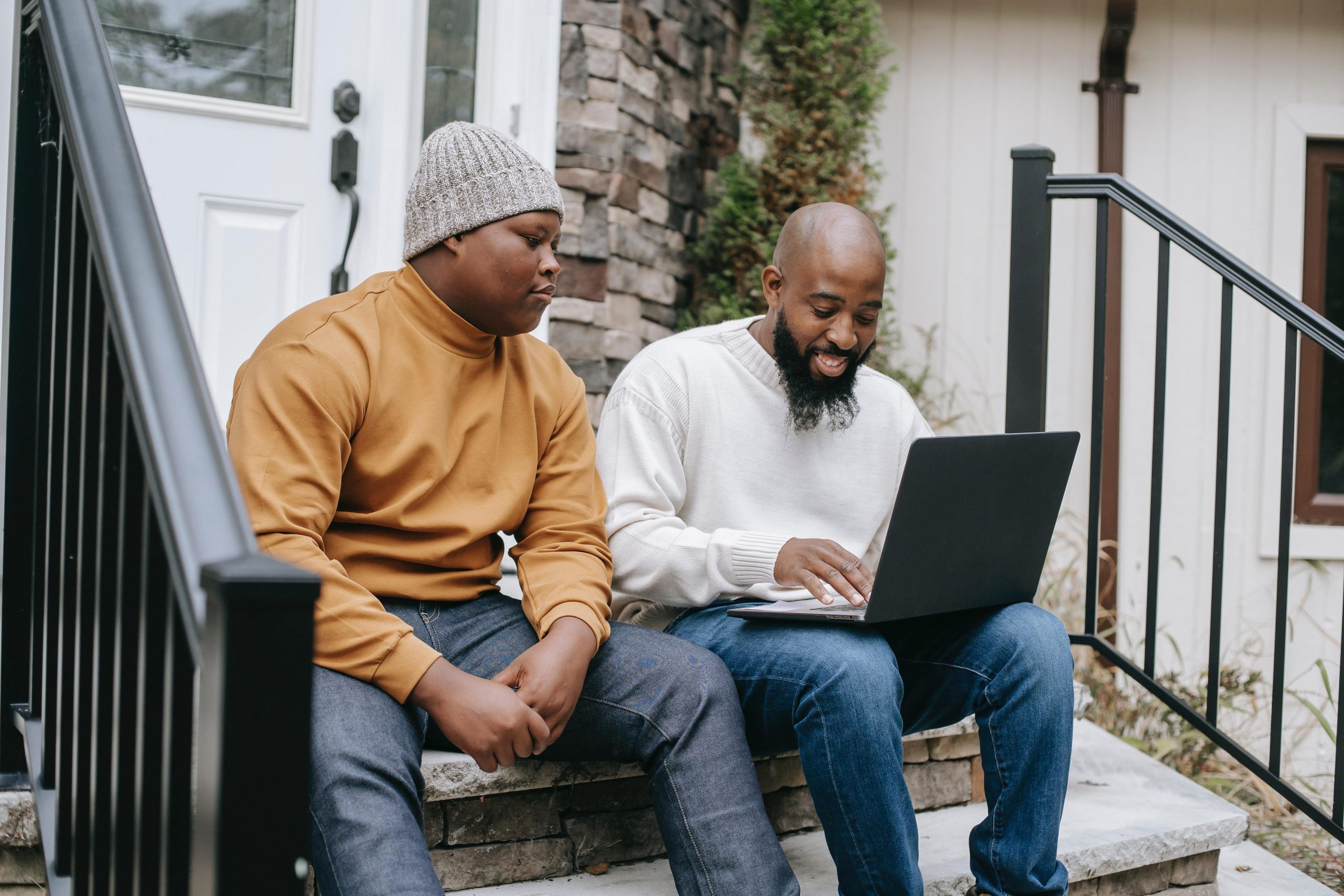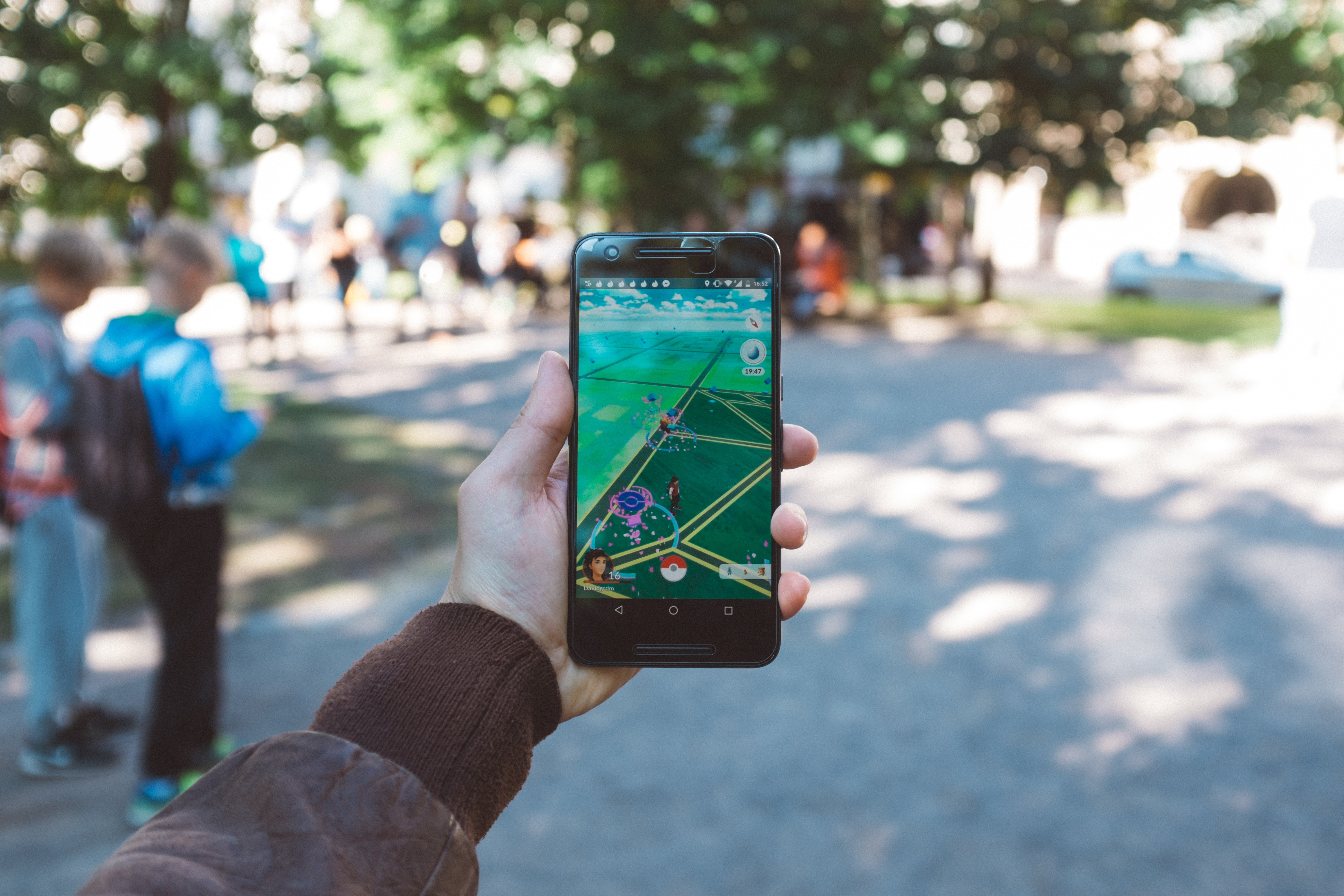
“If all your friends jumped off a bridge, would you?”
My mom, and most likely every mom ever, used to say this to me when I was young. She wasn’t specifically worried about me jumping off a bridge. That wasn’t a popular thing to do in our town. Instead, she was using an extreme example to make a point about peer pressure.
Just because everyone else does something, doesn’t mean you should.
She was right, but peer pressure is more complicated than that.
It would be easy if all you had to do was tell random groups of people, “No thanks, I’m not going to jump off a bridge today.”
It’s usually not that direct. It’s far more subtle, often with dreadful consequences.
So how do you as a parent help your kids deal with peer pressure? Here are three ways:
1. Give them a simple comeback.
“Want to drink this beer? Want to skip school? Can I look at the answers on your test?” Peer pressure often starts with a question. Don’t make your child think they need to come up with a perfect response on the spot. Give them a handful of really simple comebacks. For instance, instead of going into a long explanation, simply say, “No thank, that’s not my thing.” That’s it. End of conversation. The word “no” is also surprisingly powerful. Make sure your kids know that “no” is a complete sentence. The shorter the debate they have the better the outcome.
2. Be curious.
Peer pressure is like mushrooms, it grows best in the dark. Don’t let weeks or even months go between conversations you have about it. Be curious. It’s your job as a parent to ask questions and start conversations. If you wait for your kid to bring something up, you might be waiting forever. Invest in understanding who their friends are and what they’re into these days. You don’t have to be a private eye to take an interest in their world, you just have to be interested. Curiosity killed the cat and also peer pressure.
3. Teach from your own life.
Peer pressure doesn’t end when you become an adult. If anything, it intensifies. When it’s appropriate, share examples from your own life with your kids. If coworkers are pressuring you to take longer lunches because no one is really checking the hours you work, tell them about that. There are theory ideas and there are life ideas. Your ability to share real life ideas about how you’re dealing with peer pressure will help your children.
Peer pressure is difficult because we like to be liked.
In addition to those three simple ways, make sure your kid knows how much you like him or her. Sometimes, in the absence of affirmation, they will seek it outside your house. That’s when peer pressure takes root. Beat it to the punch by making sure your kids know how you really feel.




